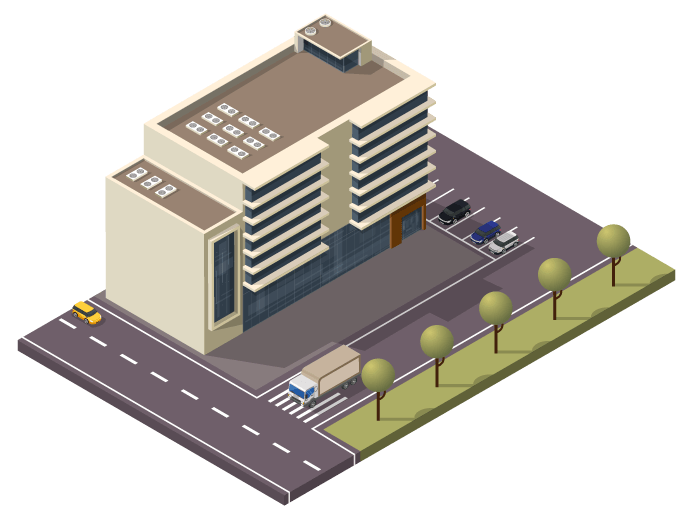Condominium Law
The basic legal structure of a condominium is usually defined by both the Condominium Act, and the condominium’s specific declaration and by-laws. These typically define the boundaries of the private units and common elements, the rights and obligations of the condominium and the unit owners, and the powers and responsibilities of the Board of Directors.


A typical condominium can be thought of as a hybrid between a corporation and a (small) municipality. Similar to a corporation, the unit owners own not only their own private unit, but also a proportionate share in the shared common elements. Similar to a municipality, the condominium levies ‘taxes’ (maintenance fees and special assessments) on the unit owners, and uses these funds to operate the common elements and perform special projects (major repairs and renovations). Similar to both corporations and municipalities, the condominium holds regular elections to its governing body (Board of Directors).
Condominiums come in many shapes and sizes, as do the legal issues that affect them. If you need skilled legal assistance with your condominium issue, contact us today!
Complex problems need smart solutions. Our highly trained team will review your situation, advise you of your rights, and take prompt action to resolve your legal problem.
We are one message away!
